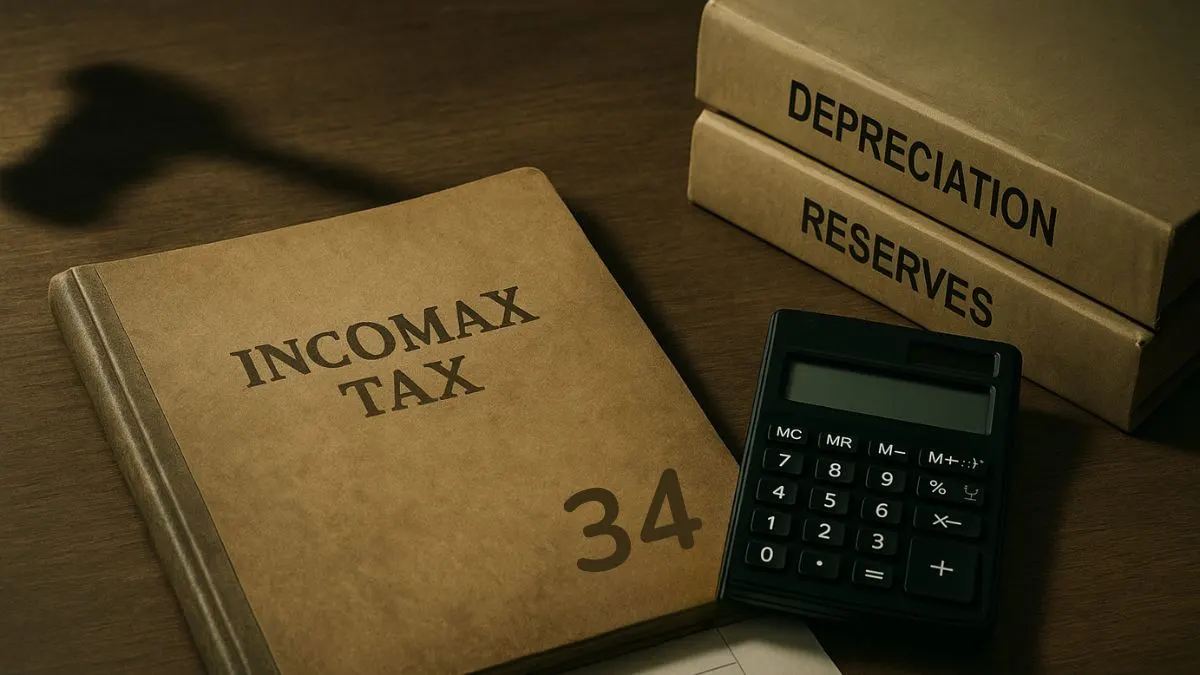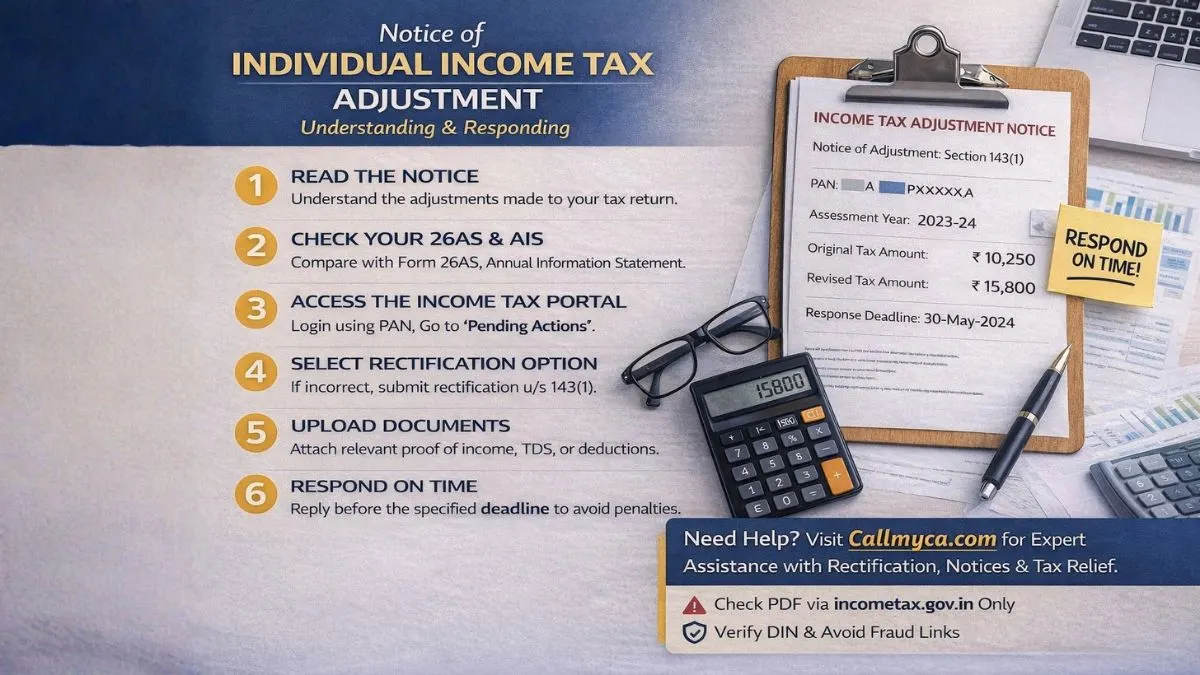
In India, cash transactions have always been under strict scrutiny due to their potential misuse for tax evasion and money laundering. To regulate this, the Income Tax Act has clear provisions. One of the strongest deterrents is found in Section 271D of Income Tax Act, which deals with penalties for violating Section 269SS.
Simply put, if a person accepts a loan or deposit in cash beyond a certain threshold, Section 271D mandates a penalty equal to the amount of the loan or deposit. This means, if you accept ₹10 lakh in cash as a loan, the penalty could also be ₹10 lakh, doubling your liability.
This law is not just a technical requirement—it is part of the government’s larger agenda to move towards a digital & transparent economy."
What is Section 271D of Income Tax Act?
Section 271D lays down the penalty to be imposed on a taxpayer for contravening the provisions of Section 269SS. Under Section 269SS:
- A person cannot accept any loan or deposit of ₹20,000 or more in cash.
- Transactions above this limit must be carried out through account payee cheque, demand draft, or electronic clearing system.
If violated, Section 271D imposes penalties for cash transactions that exceed certain thresholds. The penalty is equal to the entire loan or deposit amount accepted in cash.
This section acts as a strong deterrent, ensuring that large sums of money are routed through banking channels for accountability.
Purpose Behind Section 271D
The provision was introduced to check the circulation of unaccounted money and to:
- Prevent tax evasion through disguised cash transactions.
- Promote digital payments and formal banking.
- Ensure that loans and deposits are traceable.
- Discourage black money & benami transactions.
Penalty Under Section 271D
The penalty is stringent:
- Penalty = 100% of the cash loan or deposit accepted.
- Imposed by the Joint Commissioner of Income Tax.
- No minimum limit—the penalty directly equals the violation amount.
For example:
If you take a cash loan of ₹5 lakh, the penalty under Section 271D mandates a penalty equal to the amount of the loan or deposit, i.e., ₹5 lakh.
Also Read: Rules on Cash Transactions, Loans & Deposits
Exceptions to Section 271D
The Act also recognizes genuine situations. No penalty is imposed when:
- The transaction is between family members & supported by a bona fide reason.
- The taxpayer proves reasonable cause for accepting cash.
- The transaction is carried out in exceptional cases like emergencies or lack of banking facilities."
This safeguard ensures that genuine taxpayers are not punished unnecessarily.
ITAT Rulings on Section 271D
Several cases before the Income Tax Appellate Tribunal (ITAT) have clarified how Section 271D penalties should be applied.
- Case 1: ITAT held that if a cash loan was accepted between close relatives due to urgent medical needs, no penalty should be imposed, as the cause was reasonable.
- Case 2: In another ruling, ITAT confirmed the penalty where the taxpayer could not justify why large sums were accepted in cash despite having access to banking facilities.
These ITAT rulings on Section 271D penalties show that while the provision is strict, relief is available if genuine reasons exist.
Relation Between Section 269SS and Section 271D
- Section 269SS: Prohibits accepting loans or deposits above ₹20,000 in cash.
- Section 271D: Penalizes violation of Section 269SS.
Thus, they work hand in hand: one sets the rule, the other enforces compliance through penalty.
How to Avoid Penalties Under Section 271D
- Use Banking Channels: Always use cheque, draft, or NEFT/RTGS for large transactions.
- Maintain Documentation: If unavoidable, record the reason & circumstances behind accepting cash.
- File Returns Properly: Declare all loans and deposits accurately in ITR.
- Seek Professional Advice: In doubtful situations, consult a tax advisor.
Also Read: Cash Limit for Loans, Deposits & Specified Sums
Why Section 271D is Important for Businesses
For businesses, especially SMEs, loans and deposits are common. Non-compliance can result in penalties equal to the transaction value, crippling liquidity. Hence, businesses must:
- Train staff on Section 269SS and 271D."
- Maintain audit trails.
- Avoid cash transactions beyond limits.
Conclusion
Section 271D of Income Tax Act is a powerful anti-abuse provision. It lays down the penalty to be imposed on a taxpayer for violating Section 269SS. By doing so, it imposes penalties for cash transactions that exceed certain thresholds and ensures money is routed through the formal banking system. Since Section 271D mandates a penalty equal to the amount of the loan or deposit, taxpayers must exercise caution.
👉 Want to avoid penalties under Section 271D or need expert representation before the ITAT? Visit Callmyca.com today & let our experts guide you through compliance, penalty defense, and tax planning.











